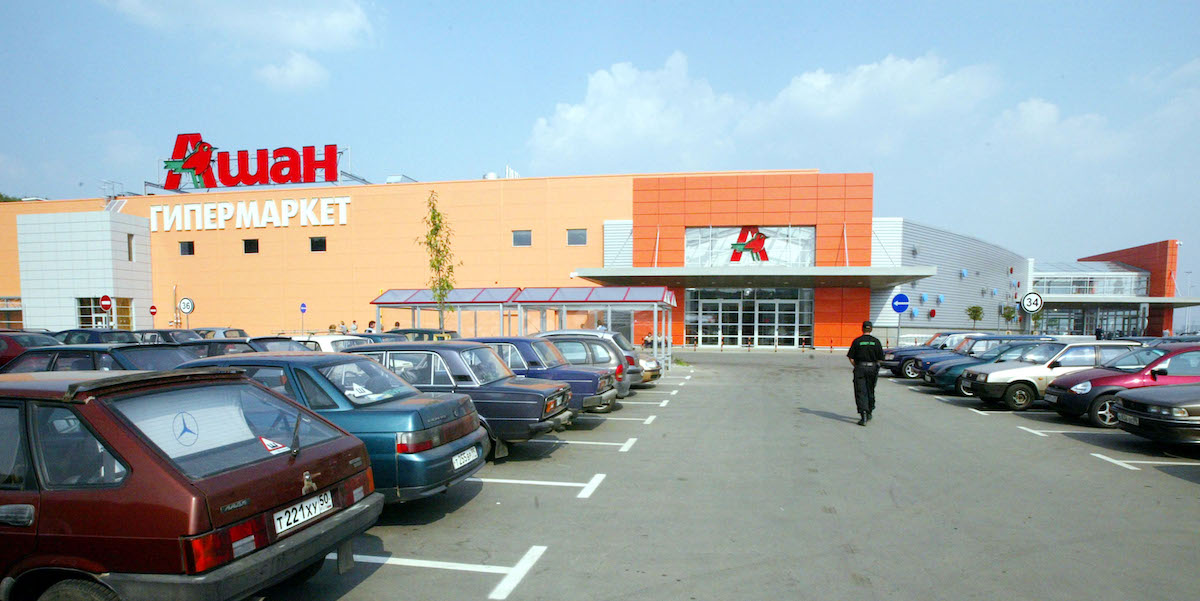Loading player
According to Financial Times the Russian government is reportedly preparing to nationalize a number of Western companies present in the country in retaliation for US and European sanctions. The appropriation of the companies should take place at very low prices, practically shredded, compared to the real market value, so as to guarantee a profit for the state in the event of a subsequent sale.
The Russian government, wrote the Financial Times, he is allegedly preparing a decree for the nationalizations, even if it is not yet clear what scope it could actually have: it could also only represent a threat to Western countries that have blocked Russian assets abroad. Dmitri Peskov, Putin’s spokesman, said Western investors and companies were “more than welcome” to Russia, but noted that in some cases companies had stopped paying salaries or simply decided to leave the country. with huge losses. “If a company fails to fulfill its obligations, then, of course, it falls into the category of ‘bad’ companies,” Peskov said. “Let’s say goodbye to those companies. And what we do with their resources afterwards is our business.”
According to the current criteria of nationalization, announced for the first time in DecemberWestern companies are required to give Russian buyers a discount of at least 50 percent of the company’s market value and to make some kind of “voluntary” contribution to the state, ranging between 5 and 10 percent of the price of the agreement, with which over 200 million dollars have already been collected in recent months.
Russia in April had seized the assets of local subsidiaries of Finnish Fortum and German Uniper, both public energy companies, in response to Western sanctions. The Russian government’s decree froze assets worth $6 billion and was specific to these two companies. In deciding whether to expand these actions to other Western groups, the government will monitor what happens to Russia’s central bank’s estimated €300 billion frozen in the West.
Besides the reason for retaliating against Western countries, there are also some very concrete reasons why Russia has an interest in taking over Western companies it suspects may be leaving the country. There is concern that many sectors of the economy currently dominated by these companies could remain unfunded, especially in manufacturing and services.
In reality, not many Western companies have completely left Russia: according to one study only about 9 percent have closed their branches and divested entirely. In particular, European companies are those that have left the country to a lesser extent (8.3 per cent) than US companies (18 per cent).
In addition, the government is also concerned about losing the tax revenue these companies guarantee, given that energy exports are already declining and that the government must continue to finance the war.
According to Financial Times, among the Russian officials most convinced of the fact that it is extremely necessary to limit the outflow of foreign companies, even at the cost of nationalizing them or threatening to do so, there would also be Elvira Nabiullina, the governor of the Russian central bank, a highly trained and much appreciated economist in the West before the invasion. The central bank fears that an outflow of foreign capital could further weaken the ruble and limit options for Russian investors, who would find themselves with fewer companies to invest in, such as the stock market.
For this reason, the decree prepared by the government would also require new foreign companies to allocate a fifth of their capital to listing on the stock exchange, a move that would be necessary to give small domestic investors more options.
